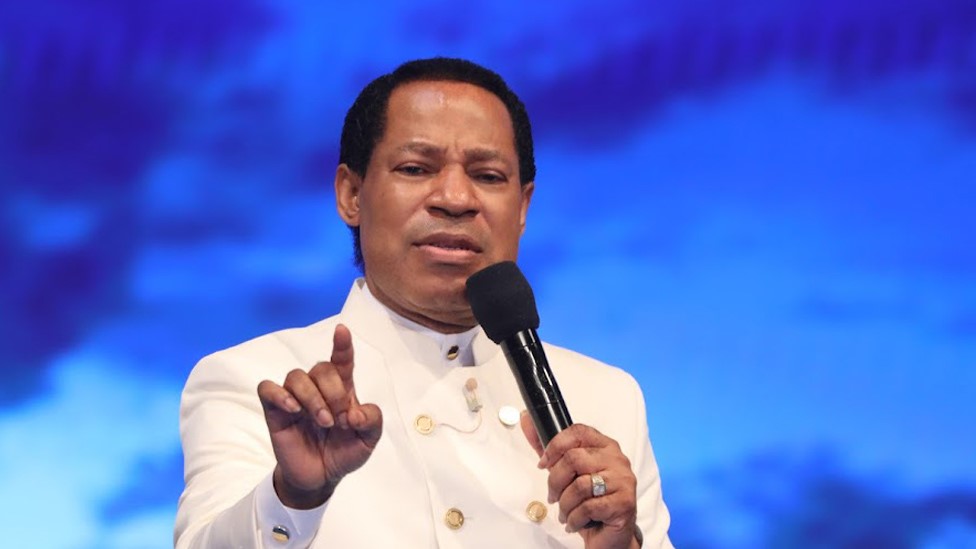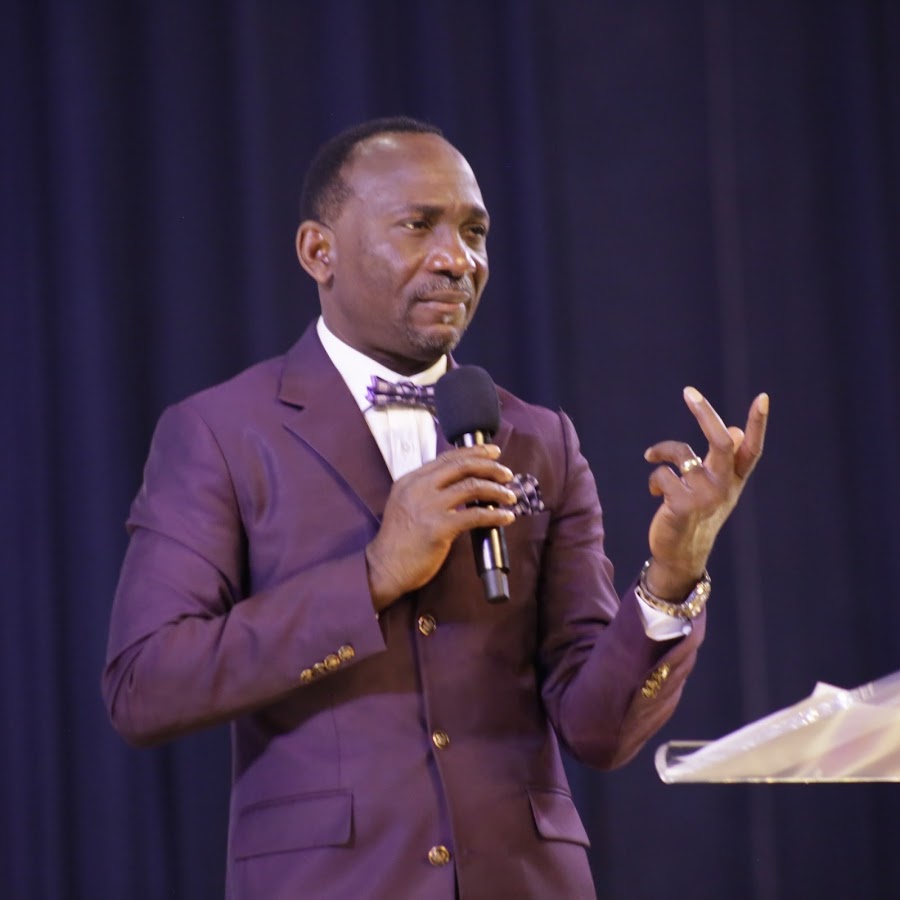
Following Pastor Enoch Adeboye’s recent apology regarding his controversial statement linking tithing to salvation, the conversation surrounding the practice of tithing within the Nigerian Christian community has intensified. Adeboye, General Overseer of the Redeemed Christian Church of God, publicly acknowledged that his assertion—that Christians who do not pay tithes might not make it to heaven—was incorrect and lacked biblical support.
In light of this significant development, we present a list of notable Nigerian pastors and bishops who either support or oppose the practice of tithing, reflecting the ongoing debate within the church.
Pastors Supporting Tithing:

- Pastor Enoch Adeboye (RCCG): Although he apologized for his previous statement, Adeboye maintains that tithing is an important practice, suggesting that it should not be limited to 10% for all believers.

- Rev. Oyewale Oyeniyi (Baptist Church, Ogun State): Oyeniyi asserts that refusing to pay tithes constitutes disobedience to God’s commands, which he believes could jeopardize one’s salvation.

- Bishop David Oyedepo (Winners’ Chapel): Known for his teachings on prosperity and financial blessings, Oyedepo emphasizes the importance of tithing as a means of receiving God’s favor and blessings.
Pastors Opposing Tithing:

- Pastor Abel Damina (Power City International Ministry): Damina has long criticized the practice of tithing, arguing that Jesus did not accept or require tithes during His ministry. He believes that the New Testament does not mandate tithing for Christians.

- Pastor Chris Oyakhilome (Christ Embassy): While emphasizing generosity and giving, Oyakhilome has expressed skepticism about the traditional view of tithing as a requirement for salvation.

- Pastor Paul Enenche (Dunamis International Gospel Centre): Enenche encourages believers to give generously but does not enforce a strict 10% tithe requirement, advocating for a more personal approach to giving.
The dialogue surrounding tithing has sparked diverse opinions among church leaders and congregants alike. While some view it as a biblical mandate essential for spiritual growth and obedience, others argue that it can be exploitative and misinterpreted.
Kindly FOLLOW and LIKE our PAGES on your favourite Social Media





